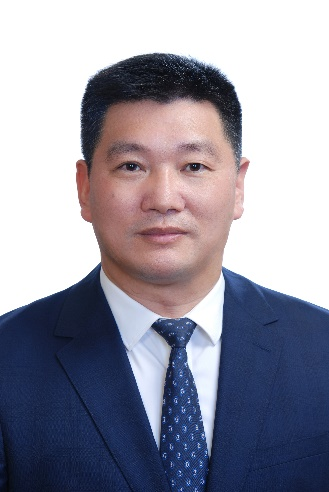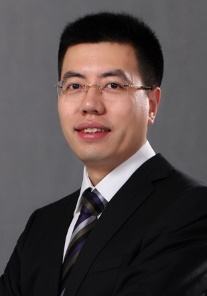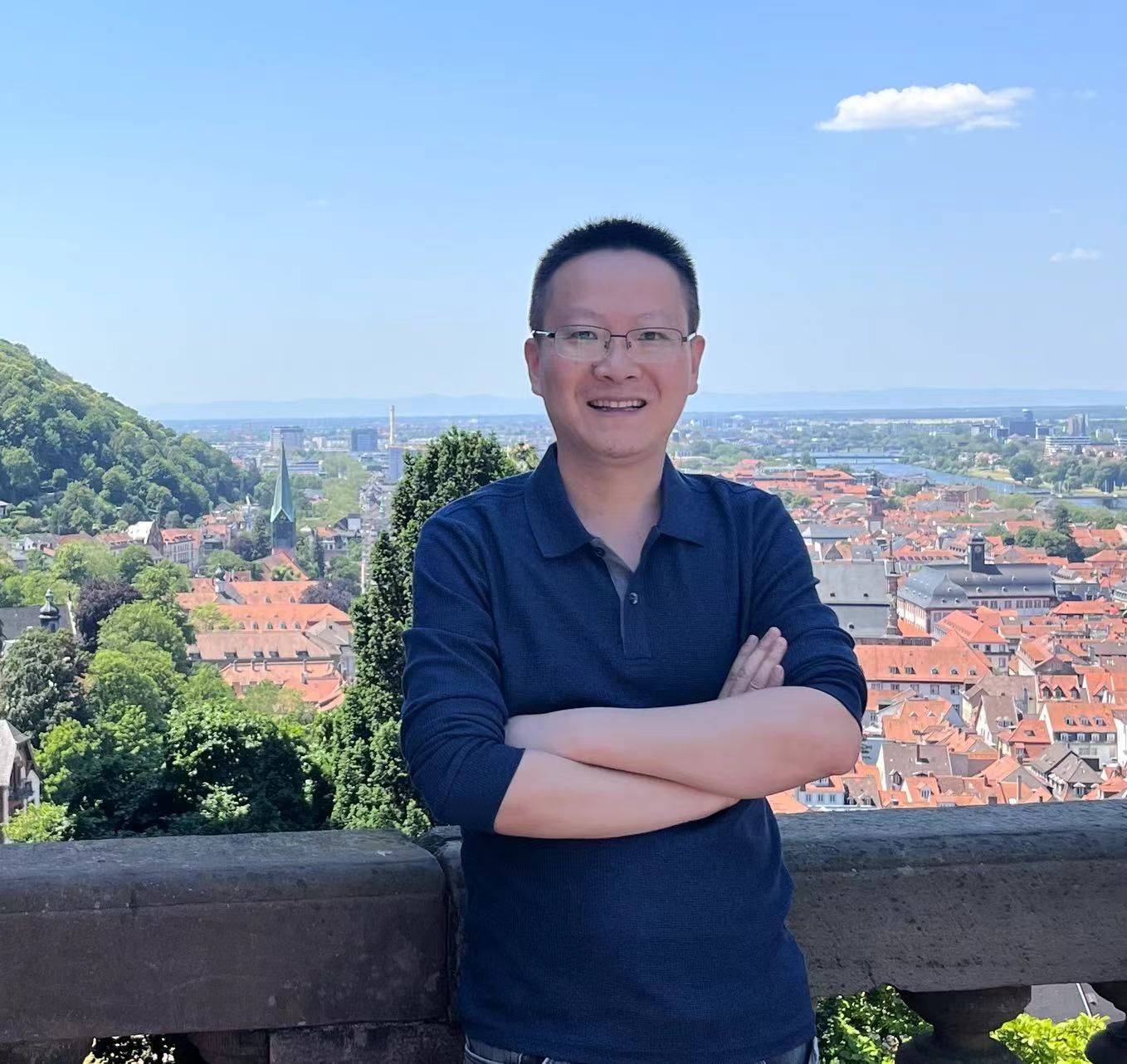
RNA splicing, removal of introns, is an essential step for both coding and non-coding genes during the eukaryotic RNA processing. RNA splicing is catalyzed by the spliceosome, a large and dynamic macromolecular machine that consists of five small nuclear RNAs and >100 proteins. Both splicing fidelity and efficiency are important for generating accurate mRNAs, and thereby functional proteins. Including alternative splicing, trans-splicing, back splicing and minor splicing, diverse selection of splice sites and introns generate multiple RNA isoforms from one gene, which is critical for the regulation of cell development and differentiation. Furthermore, aberrant splicing that caused by mutations in splicing factors or RNA cis-elements has been found in many diseases.

Yuchen XiaE-mail:yuchenxia@whu.edu.cnWebsite:https://wbm.whu.edu.cn/info/1350/5923.htmBiographyDr.Yuchen Xia, is a professor at Wuhan University, School of Basic Medical Sciences, and the director of the Institute of Medical Virology. After graduating with a bachelor's degree in Biotechnology from Wuhan University in 2005, he obtained master's and doctoral degrees from the Wuhan Institute of Virology,...

Professor Yuan Yufeng and his team focus on the pathogenesis of primary liver cancer and metabolic liver disease, as well as the research of the early diagnosis and minimally invasive treatment of hepatobiliary and Pancreatic tumors

1. Functional biomaterials for periodontal regeneration, The National Science Fund for Distinguished Young Scholars (82025011), 01/2021-12/2025 2. Study on the regulation of periodontal microecology and periodontal regeneration by biomimetic bone electrically active materials, The National Key Research and Development Program, 12/2021-11/2024

Cells are the fundamental units of biological systems, and various proteins inside and outside the cell work with the precision of mechanical parts, enabling cells to navigate complex physiological environments and fulfill their biological functions. Our laboratory is primarily engaged in developing and utilizing novel photonic and biophysical tools to study the physical principles underlying cellular movement processes (from single molecules to living cells) and to explore the significance of these physical principles in biology.

E-mail:zhentaozhang@whu.edu.cnWebsite:https://tkclms.whu.edu.cn/info/1179/1249.htmBiographyEducation09/2007-06/2010 Tongji Medical College, Huazhong University of Science and Technology. Doctor’s degree in neurology.09/2004-06/2007 Tongji Medical College, Huazhong University of Science and Technology. Master’s degree in neurology.09/1999-06/2004 Weifang Medical College. Batcher’s degree in ...